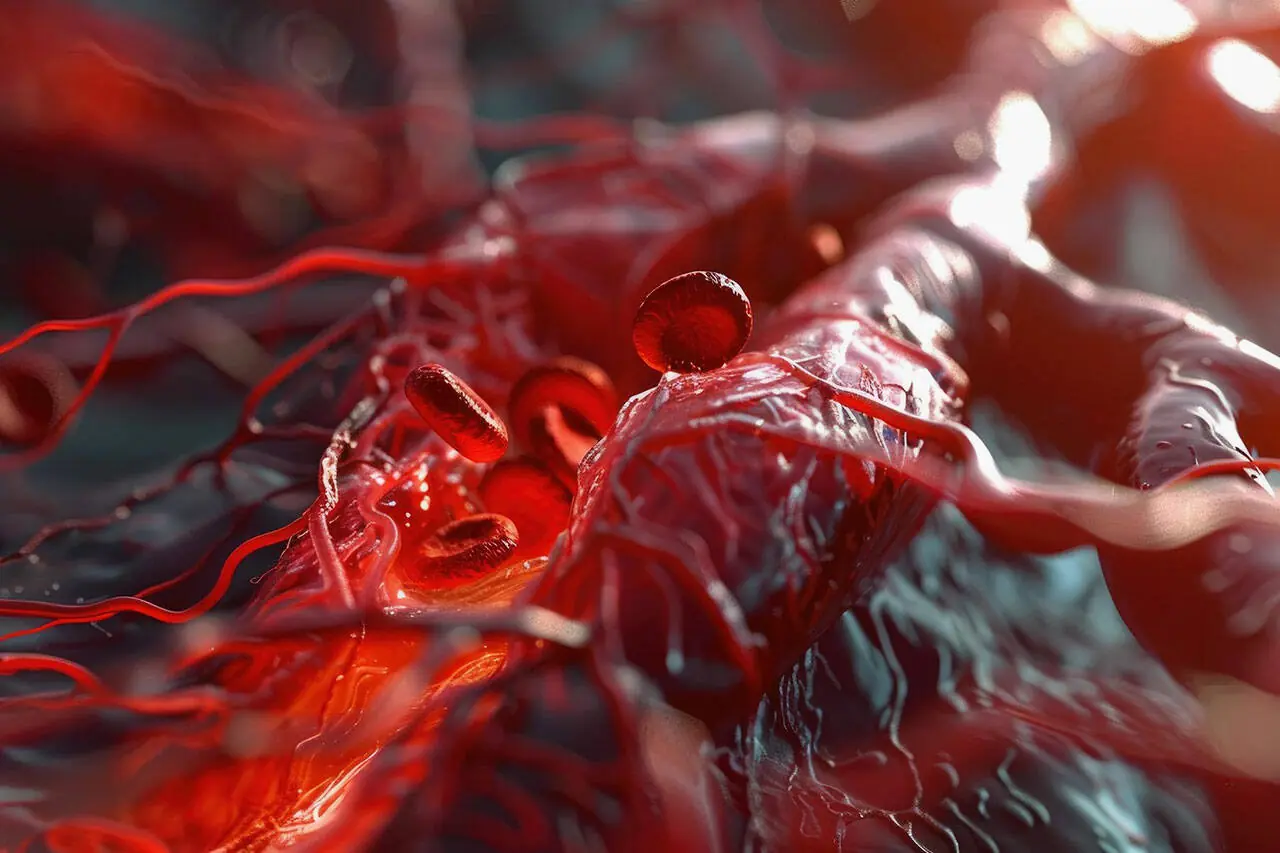
Vitamin D Overdose: When Good Intentions Turn Toxic
A recent public health scare in Spain reminds us that even good intentions, like taking extra vitamins for wellness, can quickly turn into serious health risks when done without medical supervision.
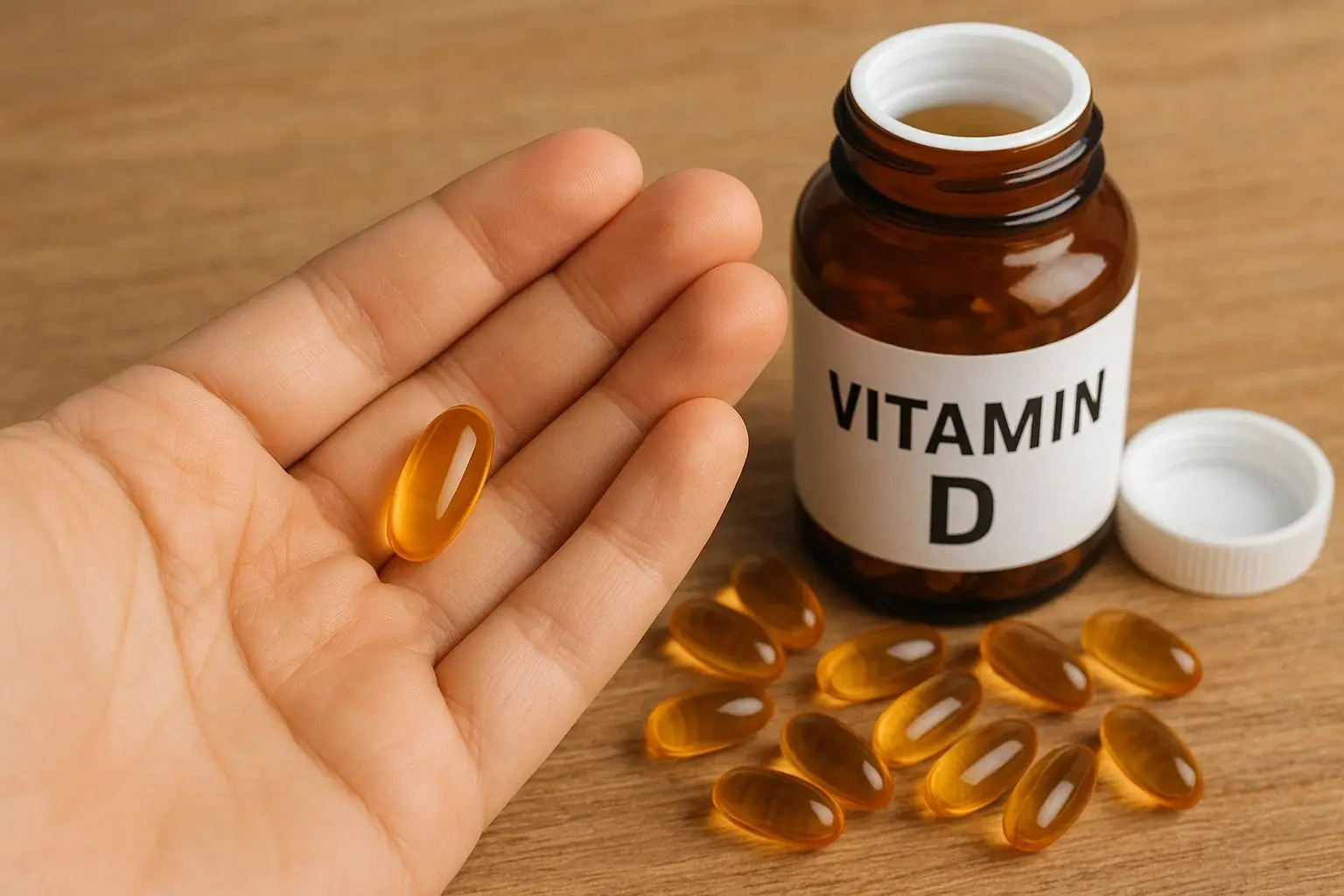
Why Vitamin D Matters
Vitamin D plays a central role in helping the body absorb calcium, maintain healthy bones, and support immune function. Deficiency has been linked not only to osteoporosis and rickets but also to autoimmune disorders and even protective effects against certain cancers, such as melanoma, colorectal cancer, and breast cancer.
Because of these wide-ranging benefits, interest in vitamin D supplements has skyrocketed in recent years. In Spain, where studies suggest widespread insufficiency, prescriptions for vitamin D have increased dramatically, pushing overall consumption to record levels.
However, experts caution that more isn’t always better—especially when supplementation is not guided by proper testing or professional advice.
Spain’s Ministry of Health Issues a Warning
Just weeks ago, Spain’s Ministry of Health released an urgent warning about the risks of uncontrolled vitamin D use. The advisory stressed that supplements should only be taken with medical supervision and based on clinical need.
This came after an alarming incident in the Balearic Islands, where multiple individuals suffered vitamin D toxicity after consuming faulty supplements.

The Balearic Islands Incident: When Supplements Go Wrong
According to the Balearic Islands’ Food Safety Service, 16 otherwise healthy individuals were hospitalized with symptoms including severe abdominal pain, nausea, and vomiting.
Further evaluation revealed:
- Acute kidney failure
- Hypercalcemia (dangerously high calcium levels)
- Excess vitamin D levels in the blood
Authorities traced these poisonings back to defective multivitamin products purchased online—illustrating the risks of unregulated supplements and the dangers of self-prescription without professional oversight.
Official Health Agency Response
Following the incident, the Spanish Agency for Food Safety and Nutrition (AESAN) launched a public health alert. While the defective batch was first thought to be limited to the Balearic Islands, investigators warned that some products may have reached other regions through redistribution.
The case underscored the urgent need for tighter regulation and stronger public awareness around supplement safety.
A History of Warnings
This was not Spain’s first warning about vitamin D misuse. Back in 2019, the Spanish Agency of Medicines and Medical Devices reported several cases of hypervitaminosis D linked to high-dose formulations. These cases included both adults and children, highlighting that overdose risks span all age groups.
More recently, pediatric reports of vitamin D overdose have risen, suggesting that increasing supplement use is inadvertently putting more people—especially children—at risk. While such cases remain rare, their growing frequency has alarmed health authorities.
Health Experts’ Advice
Spain’s Ministry of Health is urging doctors and the public alike to use vitamin D prudently and only when supported by medical evidence. The key recommendations include:
- Requesting diagnostic blood tests before prescribing supplements
- Limiting supplementation to individuals with clinically confirmed deficiency
- Avoiding unnecessary or excessive doses
The message is clear: unsupervised self-supplementation is not only unhelpful but potentially harmful.
Safe Dosage Guidelines
According to the U.S. National Academy of Medicine, optimal vitamin D intake is based on maintaining adequate blood levels of 25-hydroxyvitamin D. Key thresholds include:
- 20 ng/mL or higher: generally sufficient for most healthy adults
- Below 12 ng/mL: considered deficient and may require treatment
For individuals at risk—such as older adults, nursing home residents, or people with osteoporosis—supplementation in the range of 400 to 2,000 IU per day may be appropriate, but only after medical evaluation.
The Bottom Line: Balance, Not Excess
Vitamin D remains a critical nutrient, but more does not equal better. Health professionals stress that supplementation should always be individualized, carefully dosed, and medically monitored.
What the Balearic Islands incident shows us is that the line between beneficial and toxic can be thin. With supplements so easily available online, the risks of misuse are higher than ever.
If you’re considering vitamin D, consult a healthcare provider, get tested, and follow professional advice. Your health will benefit more from precision than from excess.
News in the same category


Why Cold Showers on Hot Summer Nights May Keep You Awake

Lesser-Known Menopause Symptoms
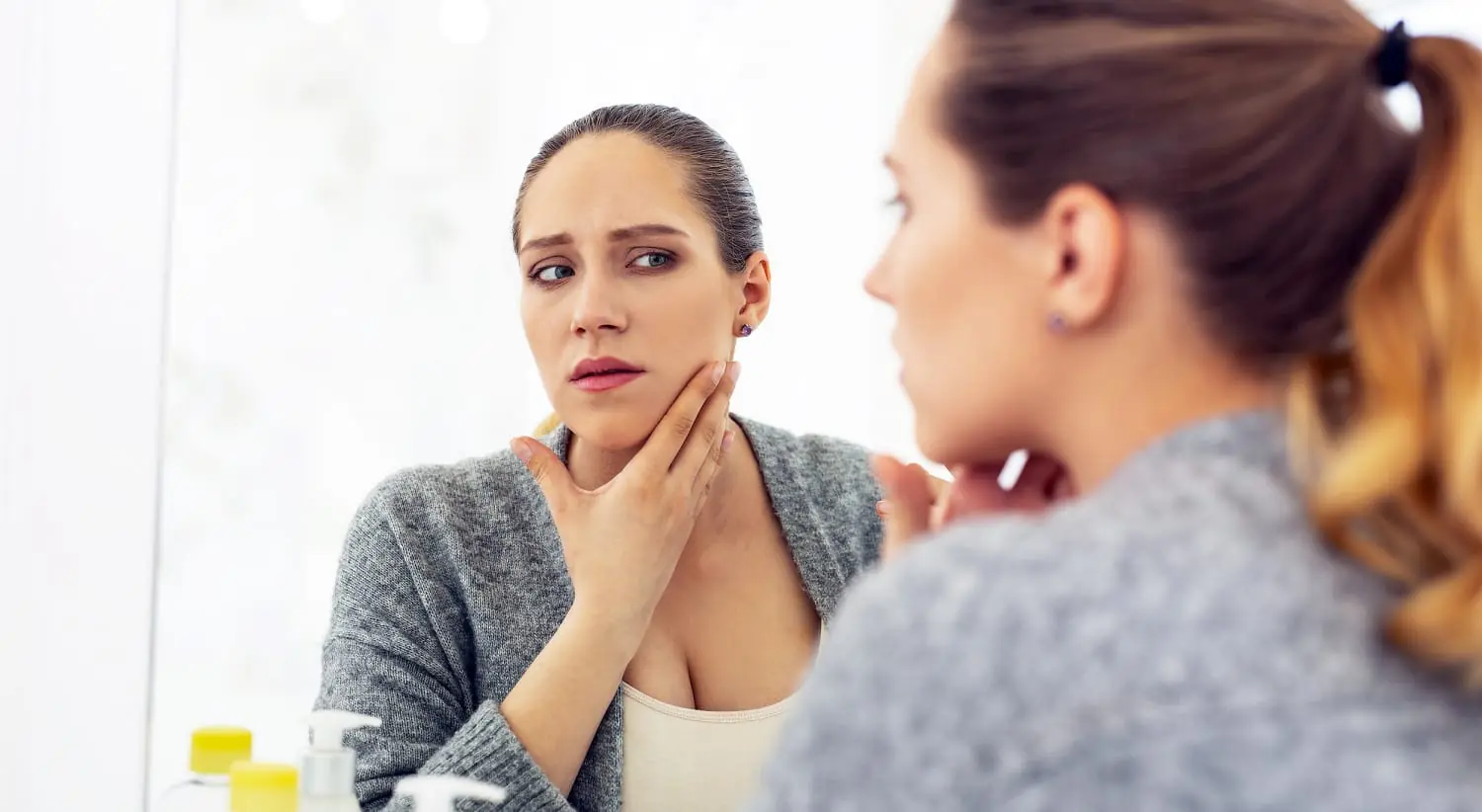
Signs Your Cortisol Is Dangerously High
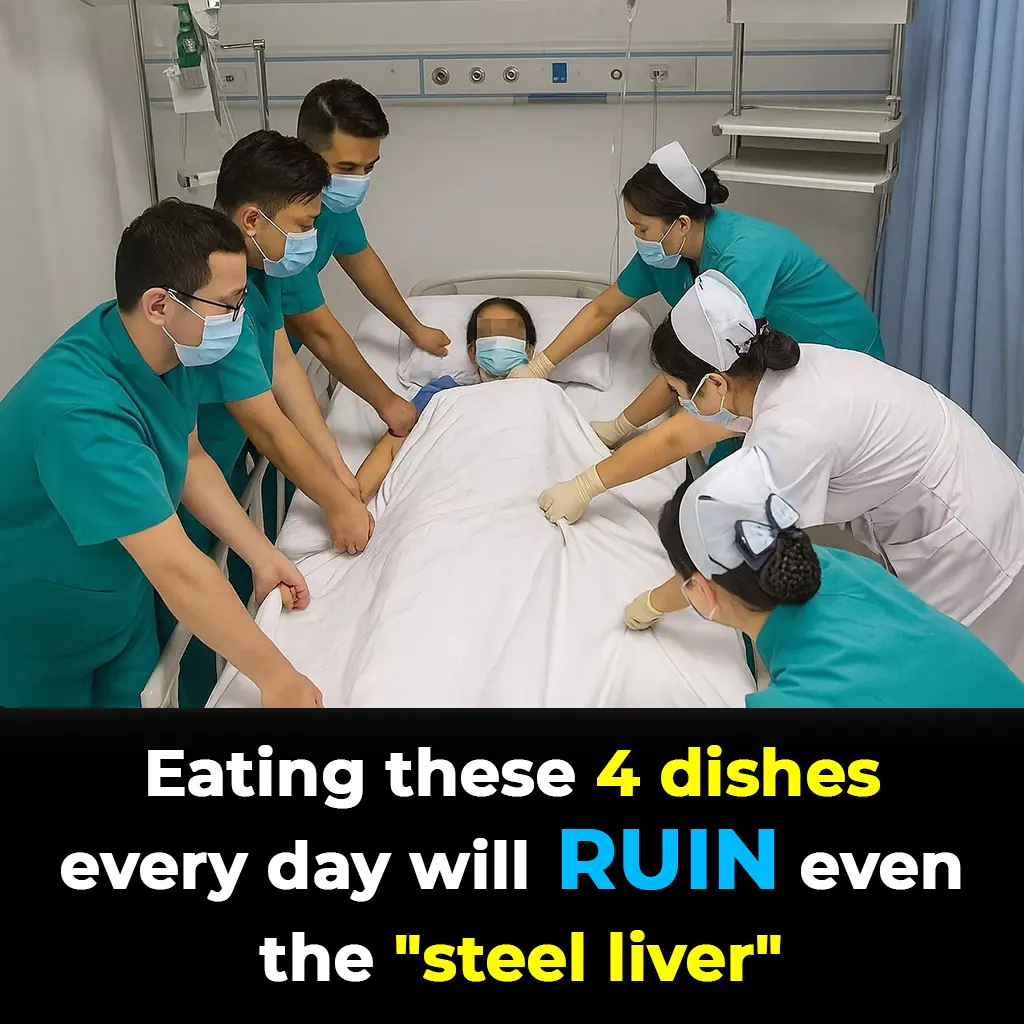
He Never Drank Alcohol but Died of Liver Failure: Doctors Reveal 4 Common Foods That Quietly Destroy the Liver
A man who stayed away from alcohol his entire life shocked his family when he was diagnosed with liver failure and passed away at just 55 years old. Doctors warn that alcohol is not the only enemy of the liver—certain everyday foods can be just as destr
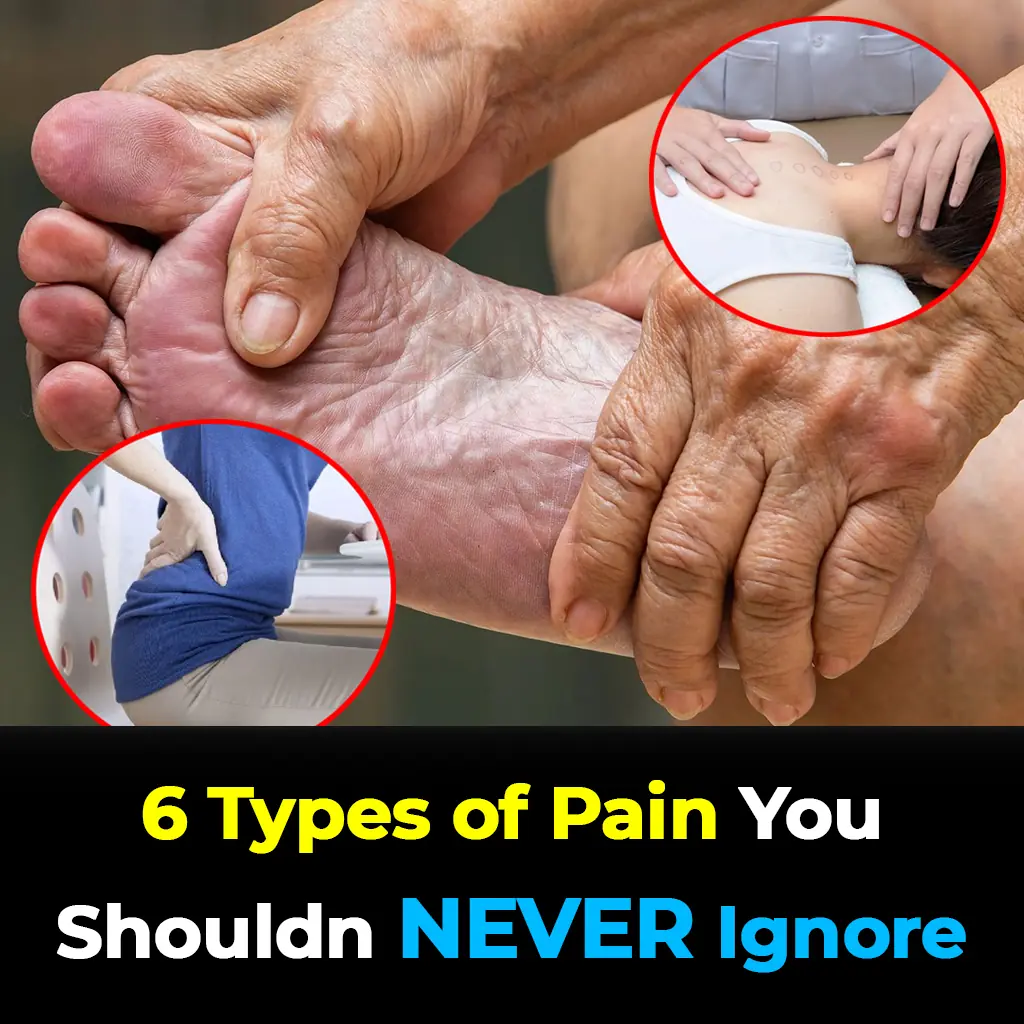
6 Types of Pain You Shouldn’t Ignore
Occasional mild discomfort may not require urgent care, but sudden, unexplained, or severe pain always deserves medical attention.

Scrolling on the Toilet? Experts Warn It Could Trigger Painful Hemorrhoids
For many, the bathroom has become more than a necessity—it’s a private escape, a brief pause in the day, and for some, even a mini reading lounge. But researchers warn that lingering too long with your smartphone on the toilet may quietly be raising y
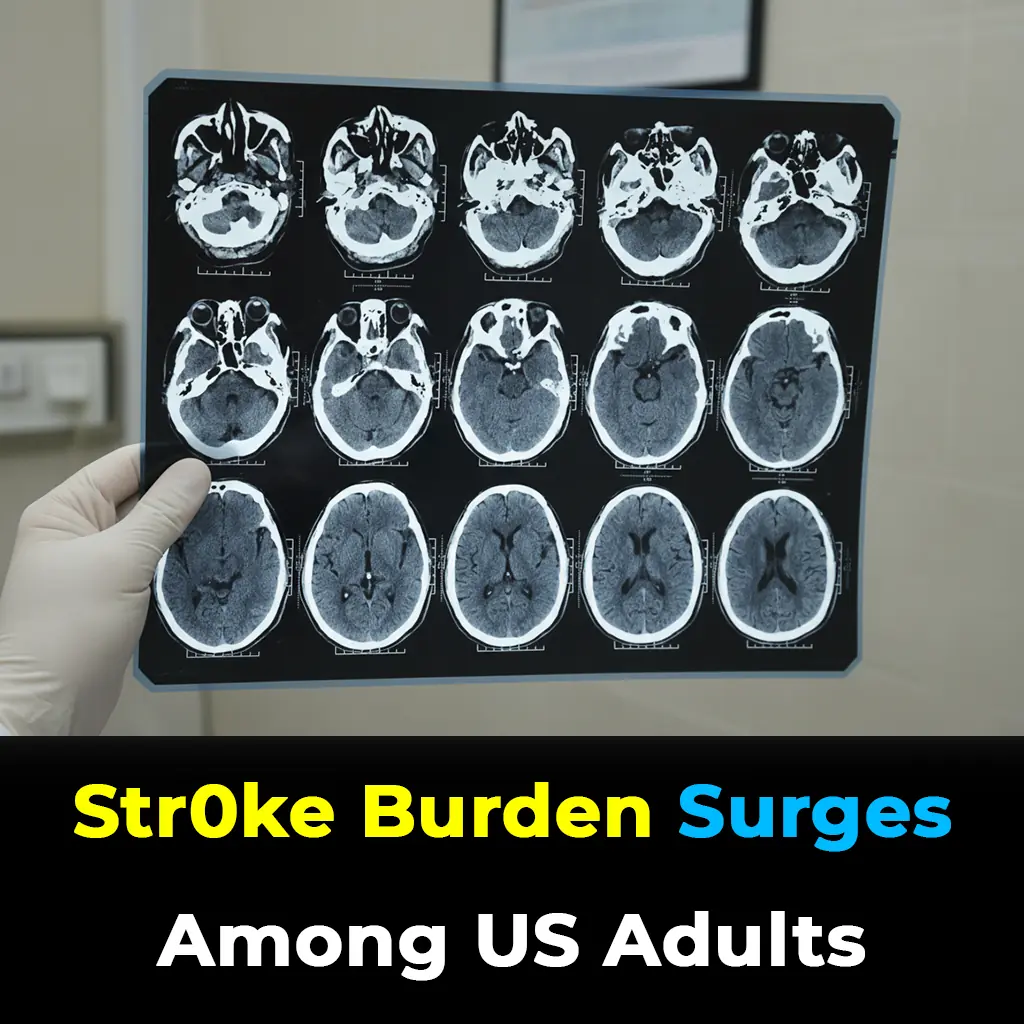
Stroke Rates Soar Among US Adults: Experts Warn of Alarming Trend
The burden of stroke in the United States has climbed sharply over the past three decades, with millions now living with its long-term effects. While medical progress has reduced mortality rates, the overall number of cases continues to rise—especially
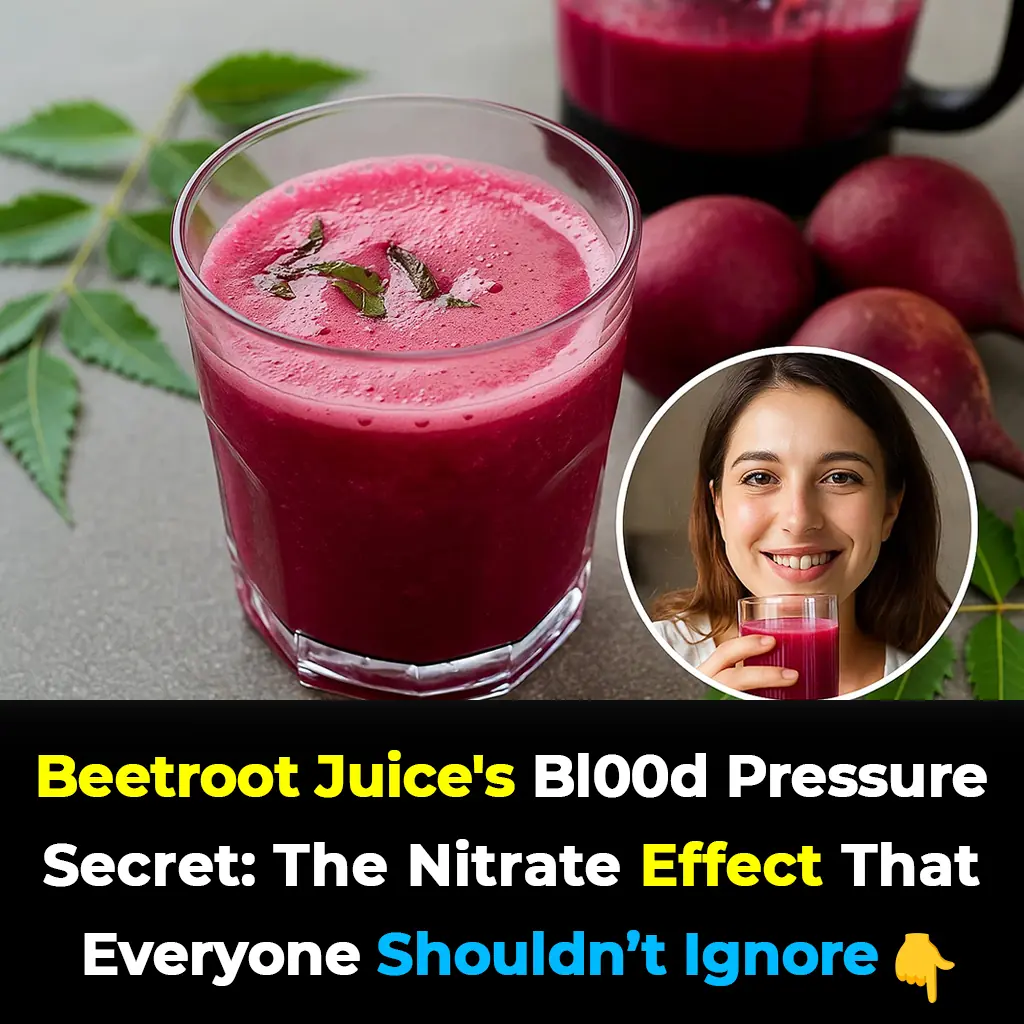
Beetroot Juice’s Nitrate Effect: A Natural Way to Support Heart Health
Beetroot juice isn’t just a vibrant superfood—it may hold the key to naturally lowering blood pressure, especially for older adults. A new study shows how the nitrates in this root vegetable can transform cardiovascular health and reshape the body’s
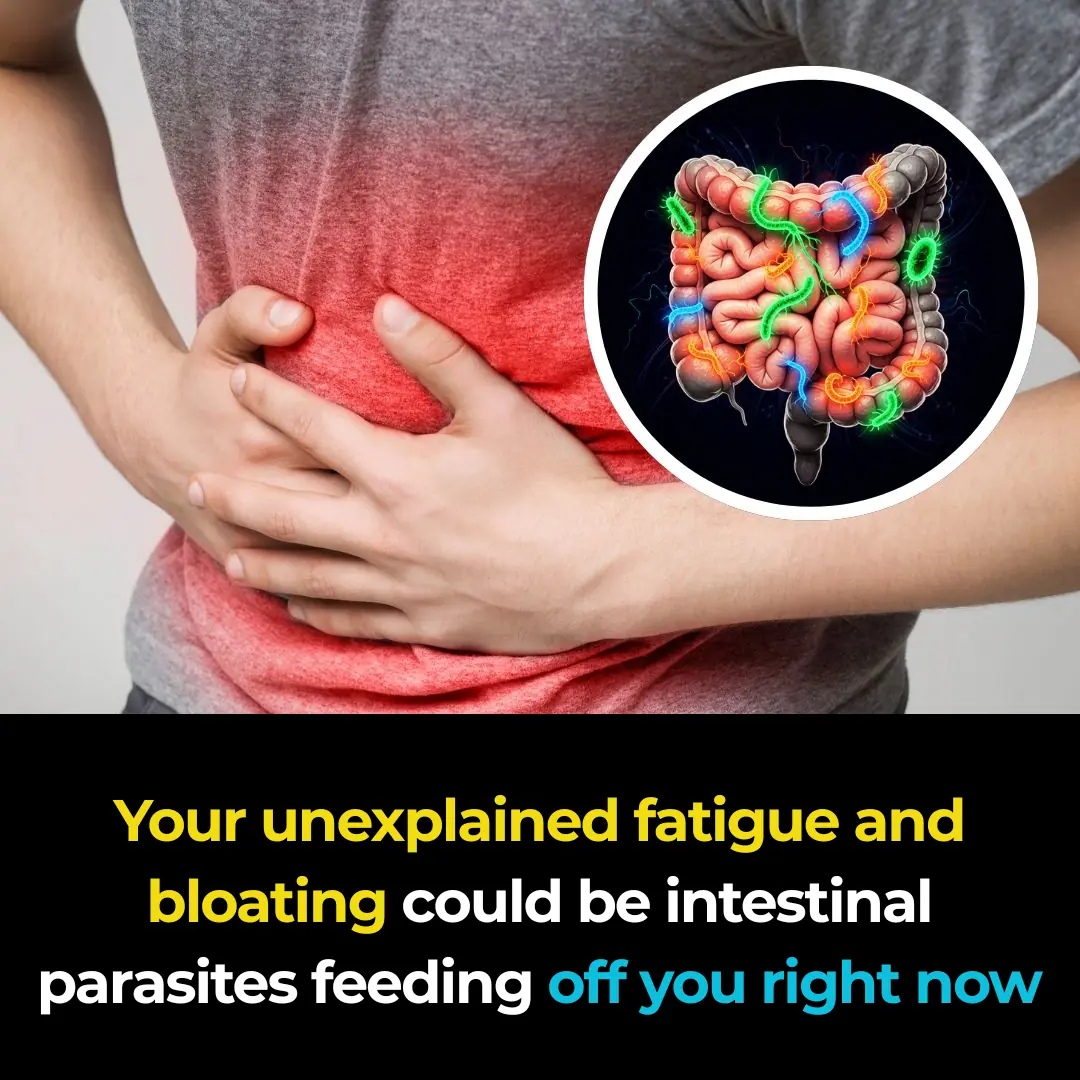
Your unexplained fatigue and bloating could be intestinal parasites feeding off you right now

Mix Bananas, Honey and Water: Cough and Bronchitis Will Disappear

Forget 10,000 steps: Scientists prove 7000 steps gives you ‘almost identical’ life-saving benefits

What Is Sleep Talking?

Farting Too Much at Night: Here’s What It Might Mean

What Foamy Urine Might Be Trying to Tell You

What Sleeping with Your Arms Crossed Really Says About You
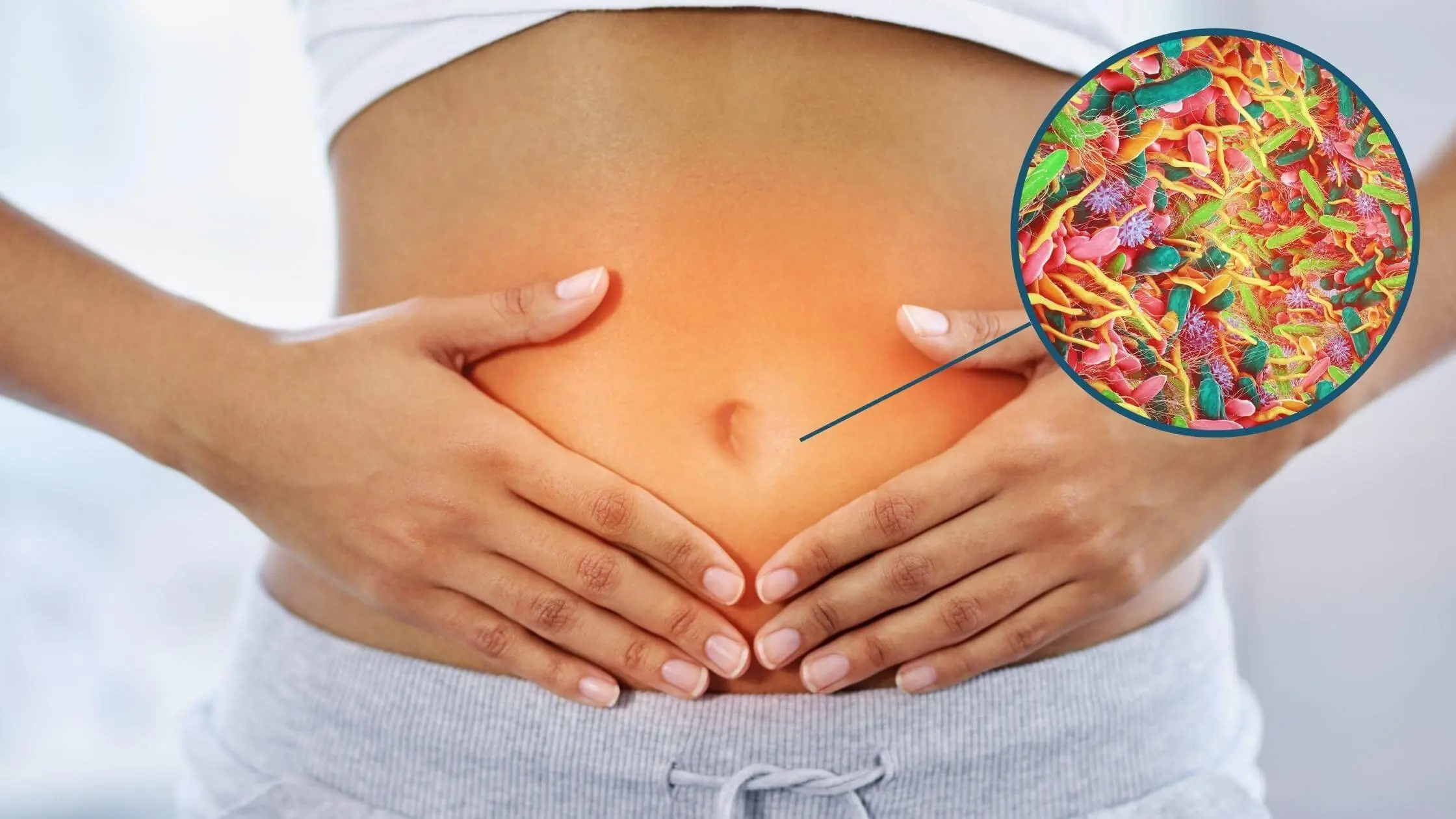
How to Kill the Bacteria Causing Heartburn and Bloating
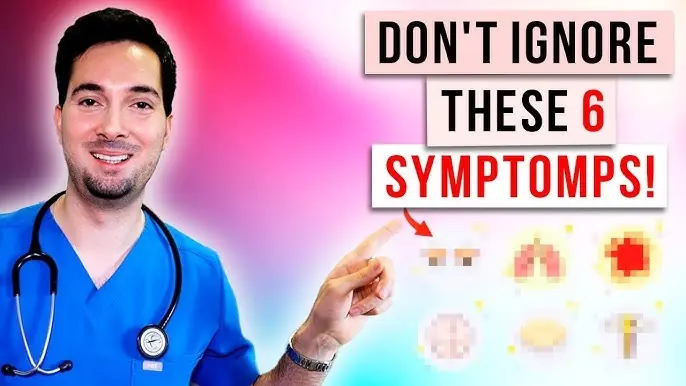
The Hidden Warning Signs of Iron Deficiency—and How to Fix It

Beat a Sinus Infection Fast with These Natural Remedies
News Post

MAHA Chief Medical Advisor Dr. Aseem Malhotra Just Declared That No One Should Have Ever Taken the COVID mRNA Vaccines.

New mRNA Shot Turns Immune Cells Into Cancer-Killers Directly Inside the Body, Study Finds

One Vitamin That Could Transform Your Circulation

Why Cold Showers on Hot Summer Nights May Keep You Awake

Lesser-Known Menopause Symptoms

Signs Your Cortisol Is Dangerously High

Genius Laundry Hack: Why Putting an Empty Plastic Bottle in Your Washing Machine Can Save Time and Hassle
It may sound strange, but dropping a simple empty plastic bottle into your washing machine could completely change the way you do laundry. This clever trick not only prevents clothes from tangling but also improves the overall cleaning process, making you
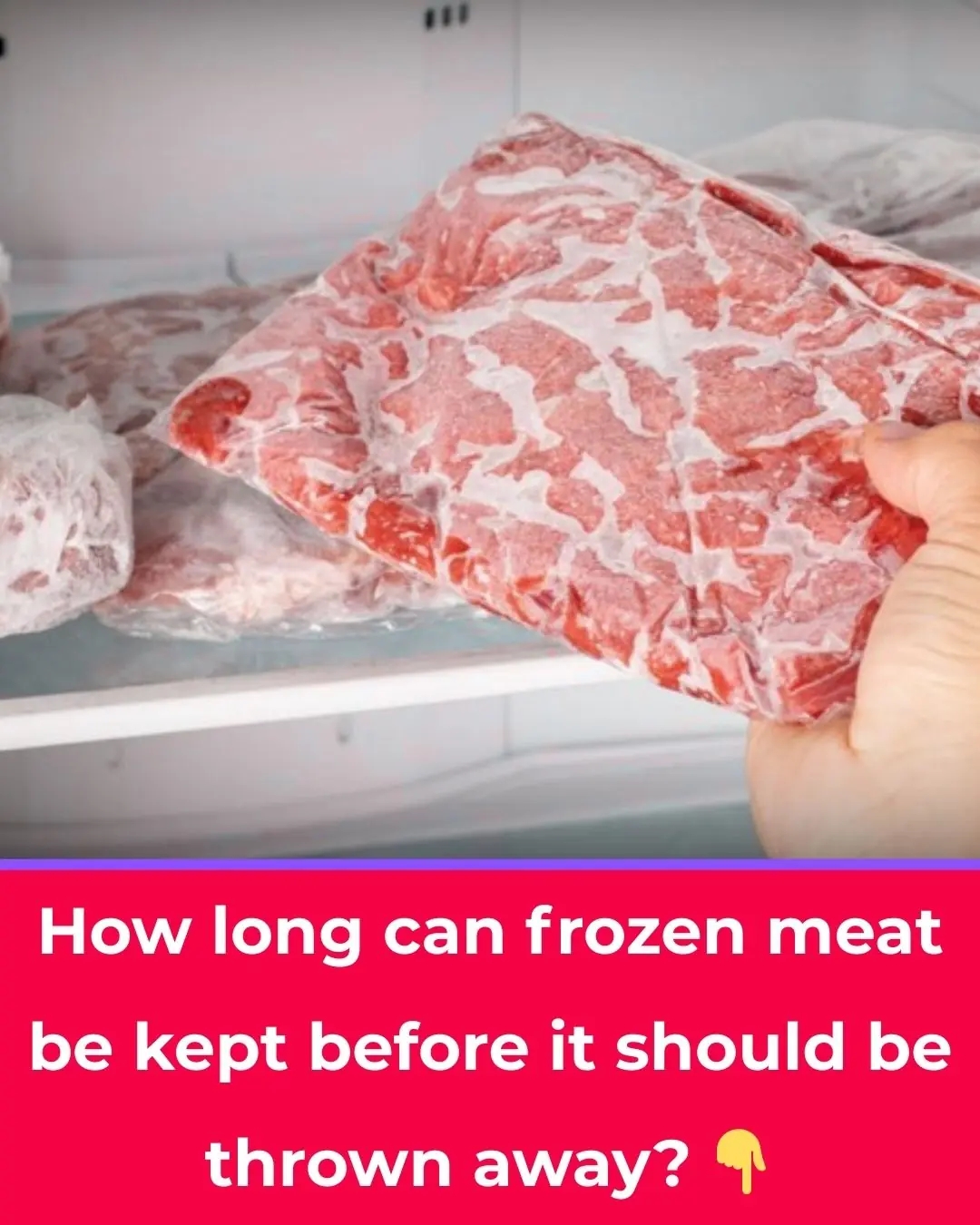
How long should frozen meat be thrown away? Here's the answer.

Put a Roll of Toilet Paper in the Fridge Overnight: The Unexpected Hack That Saves Families a Fortune
A simple household item can become a powerful money-saving tool if you know how to use it wisely. Believe it or not, placing a single roll of toilet paper inside your refrigerator overnight can help reduce odors, prevent frost buildup, and even cut down y

This is the reason why you should plant aloe vera in your home right away.
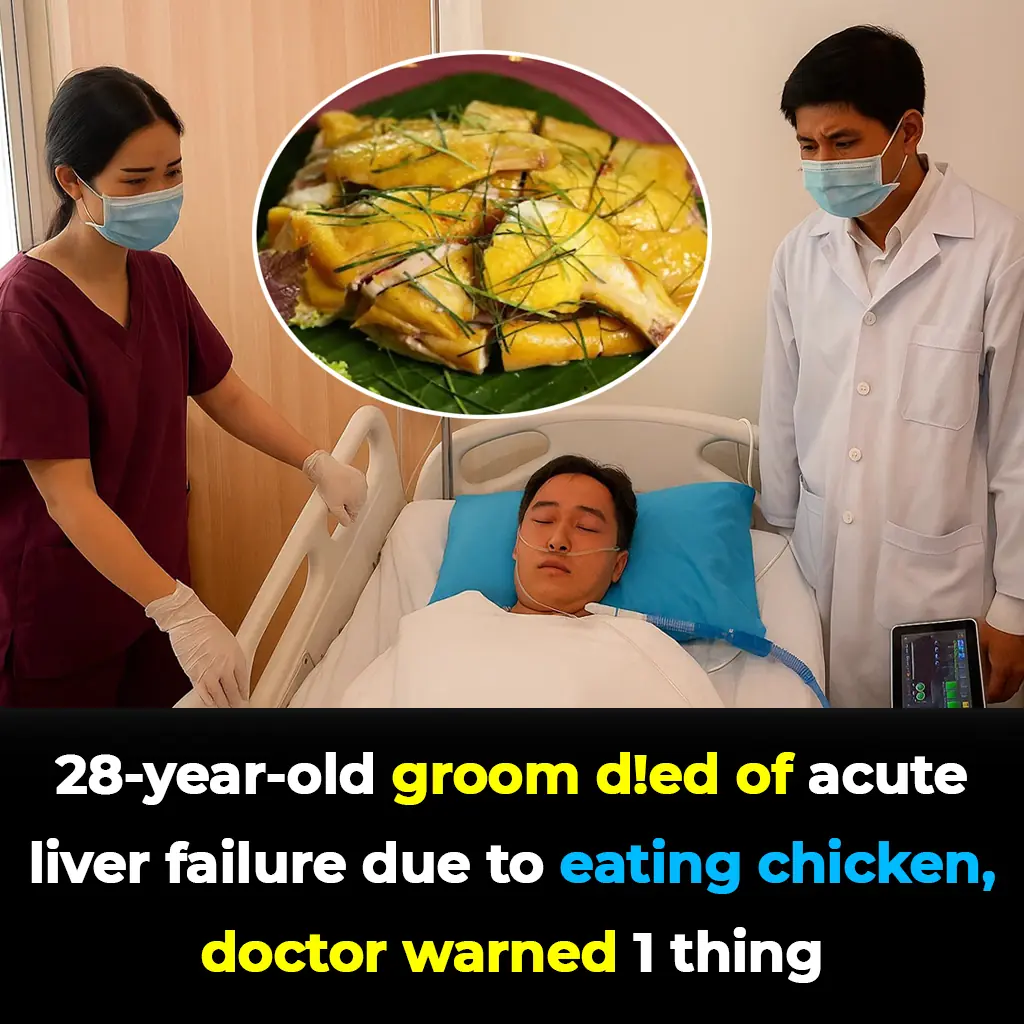
Groom-To-Be, 28, Dies of Acute Liver Failure After Eating Chicken: Doctors Urge the Public to Beware of This Hidden Danger
The tragic story of a young man in China who was preparing for his wedding but suddenly died from acute liver failure after food poisoning has shocked the nation. Experts warn that improper food handling and consumption of spoiled or contaminated food can

He Never Drank Alcohol but Died of Liver Failure: Doctors Reveal 4 Common Foods That Quietly Destroy the Liver
A man who stayed away from alcohol his entire life shocked his family when he was diagnosed with liver failure and passed away at just 55 years old. Doctors warn that alcohol is not the only enemy of the liver—certain everyday foods can be just as destr

6 Types of Pain You Shouldn’t Ignore
Occasional mild discomfort may not require urgent care, but sudden, unexplained, or severe pain always deserves medical attention.

Why You Shouldn’t Be Washing Bath Mats in the Washer

Snakes in Your House

Sessile Joyweed (Alternanthera sessilis): 6 Incredible Health Benefits and How to Use It Naturally
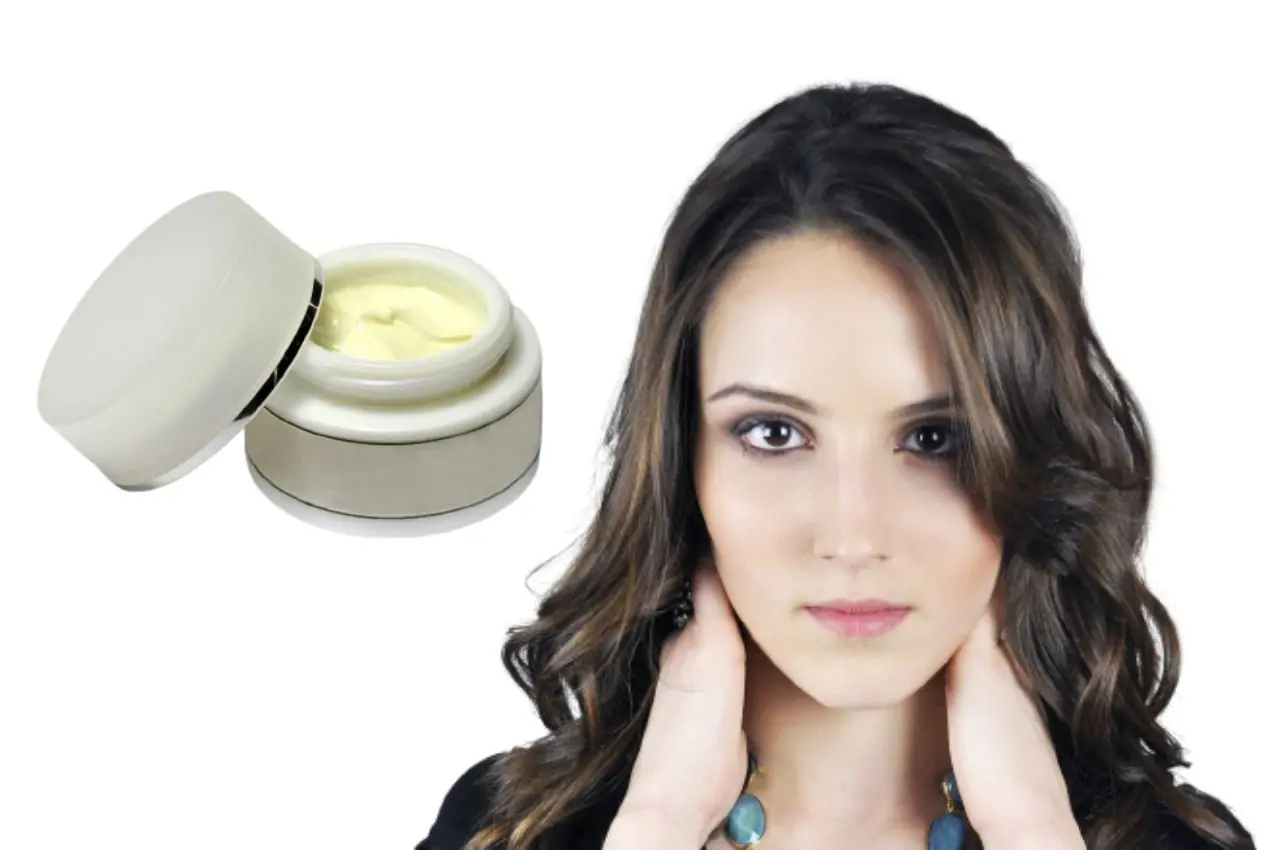
Top 5 Amazing Tips for getting rid of Blackheads and Whiteheads
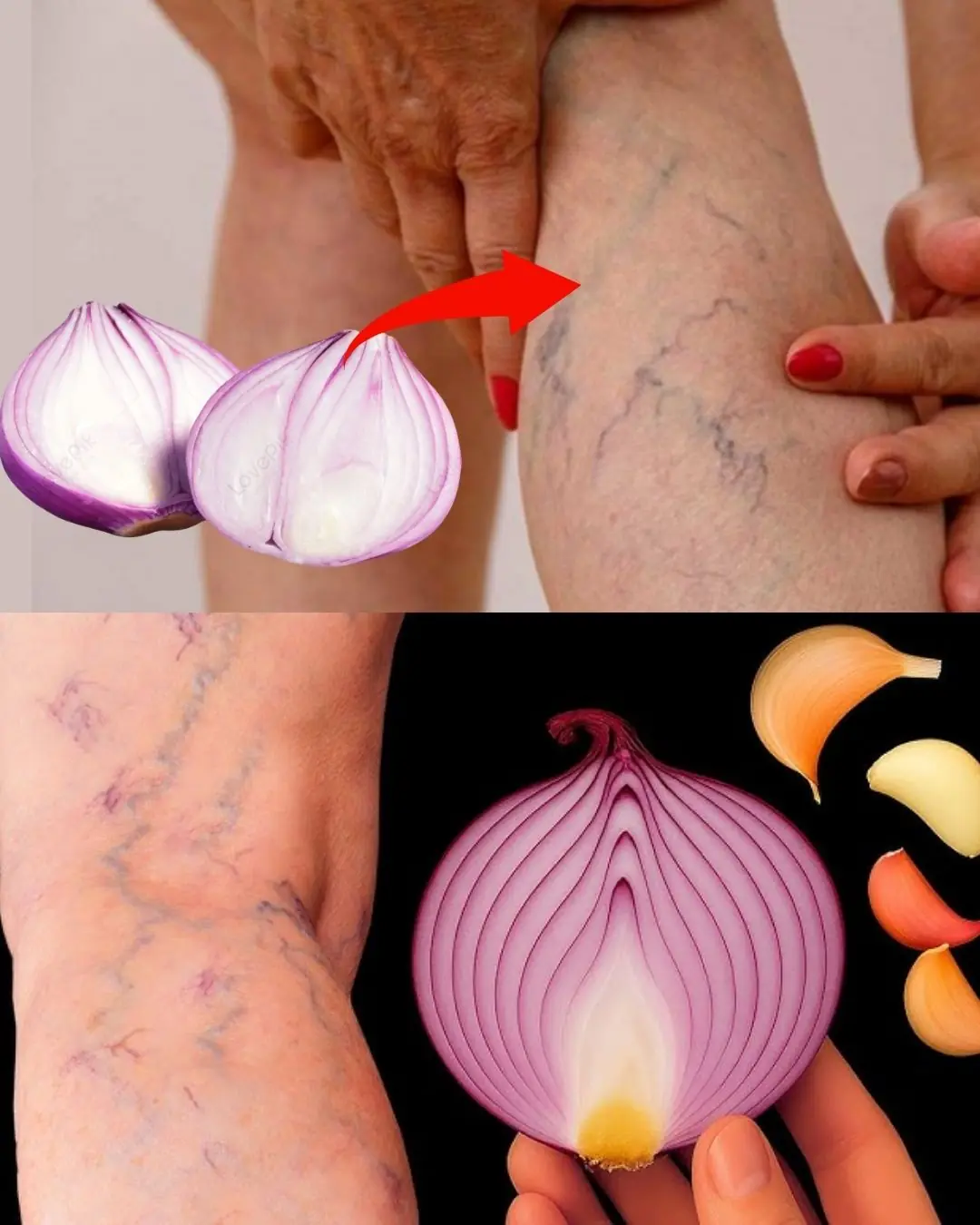
✨ Unbelievable! This Is a Vein Killer! Erase Varicose Veins Like an Eraser! 🔝 2 Natural Recipes 🤩
